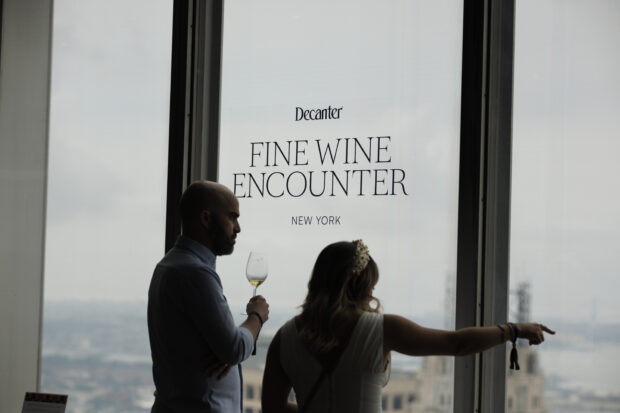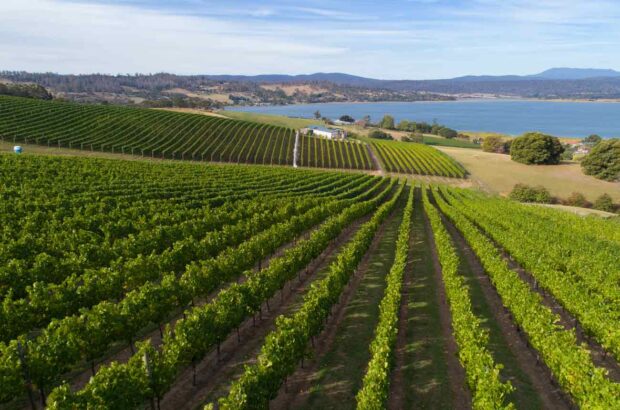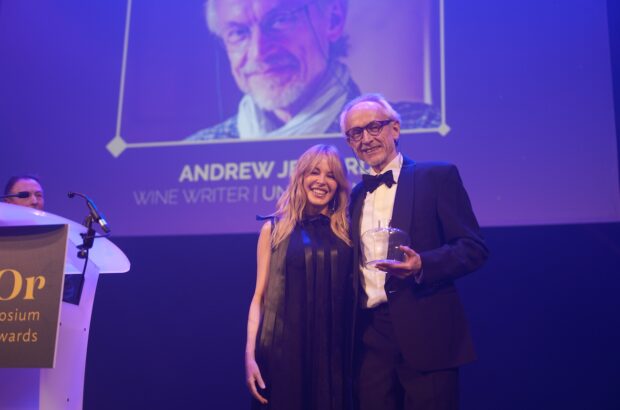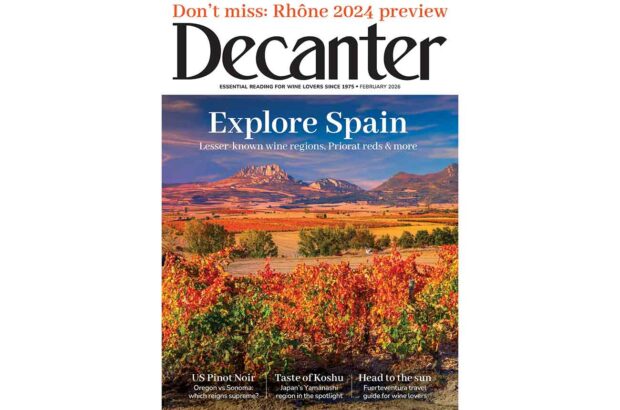The market for imported wine in Thailand is being hampered by a draconian tax regime, and has subsequently led to high levels of corruption, senior wine professionals say.
Thailand domestic industry tiny but high quality
According to a senior staffer at a major hotel in Bangkok, many wine distributors illegally import large quantities of wine each year via neighbouring countries, Cambodia, Laos and Malaysia.
‘While no official figures can actually be put forward, many sources say there are more wines smuggled illegally than legally imported. Whatever the amount, it is huge by international standards’, he told Decanter.com.
He said smuggled wines are usually Old World in origin, including Bordeaux, since Australia, New Zealand and Chile benefit from a Free Trade Agreement with Thailand. ‘It makes more sense to take a risk with wines subjected to higher taxes.’
Thailand’s import system is currently very restrictive. After import taxes, municipality tax, health tax and value added tax, the total effective duty and tax burden on a bottle of French wine is over 380%.
However, Berry Bros sales and marketing director Simon Staples said, despite perceived problems of high tariffs meaning ‘cheaper, less quality-driven local products taking over the market, nonetheless, we are looking at Thailand as one of our next five markets to enter within the next six to 12 months’.
Two wine importers based in Bangkok, who wished to remain anonymous, told Decanter.com smuggling was ‘a common occurrence’ and that ‘the corruption survives because the bribes for officials are too lucrative and the tax levels are ridiculous.’
The Bangkok hotel employee added that the tax regime is, in particular, preventing the market for imported fine wine developing in Thailand.
‘It is an antiquated system which originated from the French model before the Revolution and it definitely lowers the overall quality of wines consumed in Thailand, as only cheap wines are within most peoples’ budget.’
In terms of domestic production, Thailand’s wine industry is tiny – according to the Thai Wine Association about 150ha are planted – but it produces high quality wines.
The Granmonte winery in southern-central Thailand won Silver medals for its Heritage Syrah and Asoke Cabernet Sauvignon at the Decanter World Wine Awards last year.
Written by James Lawrence







